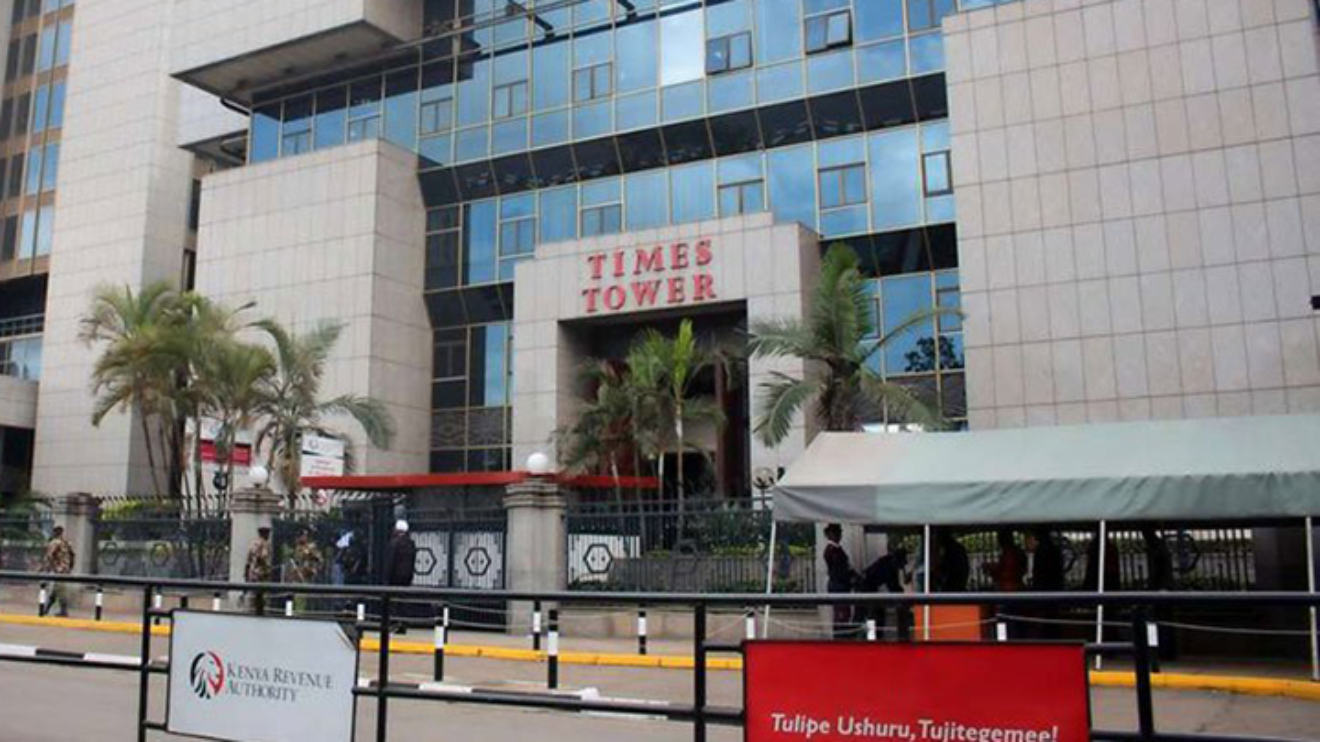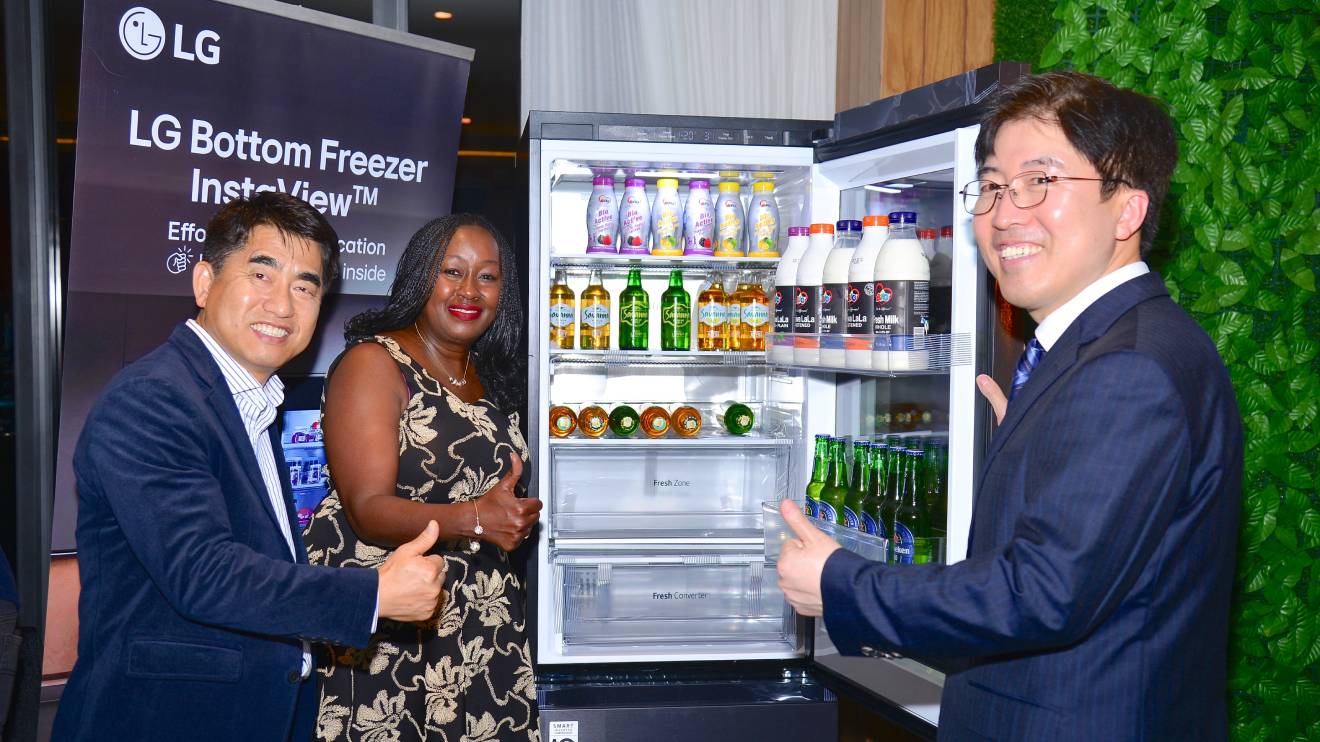The Kenya Revenue Authority (KRA) has provided detailed clarification regarding customs regulations and taxation for travellers returning to Kenya.
These measures aim to streamline the declaration process for taxable items and address concerns over the handling of passengers by KRA customs officials upon their arrival in the country.
David Ontweka, the Ag. Deputy Commissioner for Policy & International Affairs at KRA during an interview with a local TV station, stressed the importance of accurate declaration,
"I’ve seen something which is coming out as if we are taxing everything that you are coming with. When you have traveled out of the country and are returning, you will always come with the clothes, the bags that you went with, but where you purchase goods of a value of 500 dollars or more, which are more than one, then you are required to declare the rest for purposes of tax," Ontweka stated.
Furthermore, Ontweka provided an illustrative example, explaining, "For example, if you go out there and you buy a phone and you already have another phone, you will be required to inform the customs officer that you have an extra phone."
Read More
Ontweka also outlined the limitations on items that can be carried duty-free.
"People who smoke are allowed to carry 250 grams of tobacco, perfume of less than a litre, and alcohol at a level of what you can carry. Beyond that, you have to pay for it," he mentioned.
Items subject to taxation upon exceeding five hundred US dollars include clothes, personal and household effects, and phones, among others.
Sally Serem, KRA's chief manager for passenger clearance at Jomo Kenyatta International Airport (JKIA), detailed the baggage inspection process.
"The goods that have been checked in will be scanned by the airline, and in most cases, the traveller will not even know that the scanning has been done. When passengers arrive, we will only select baggage marked for further verification," Serem said.
Despite these changes, KRA clarified that duty shall not be levied on specific imported goods, such as spirits, wines, water, and perfumes not exceeding one litre.
The concerns related to the handling of passengers by KRA customs officials upon their arrival in the country stem from the exhaustion resulting from long international flights.
"The concern also arises because arriving from international travel, in most cases, one has been on the air for so many hours. So, when you are made to wait, you are likely to think you are being treated unfairly," Serem said.
"The concern arises when you are stopped, and your baggage is screened, and you are interviewed, and the delay that arises from that."
The KRA's actions aim to ensure accurate declaration processes, streamline customs procedures, provide transparency, and reduce inconvenience for travelers arriving in Kenya. These clarifications aim to address concerns and improve the experience for international travellers coming to Kenya.


-1756474472.jpg)



-1753733469.jpeg)


